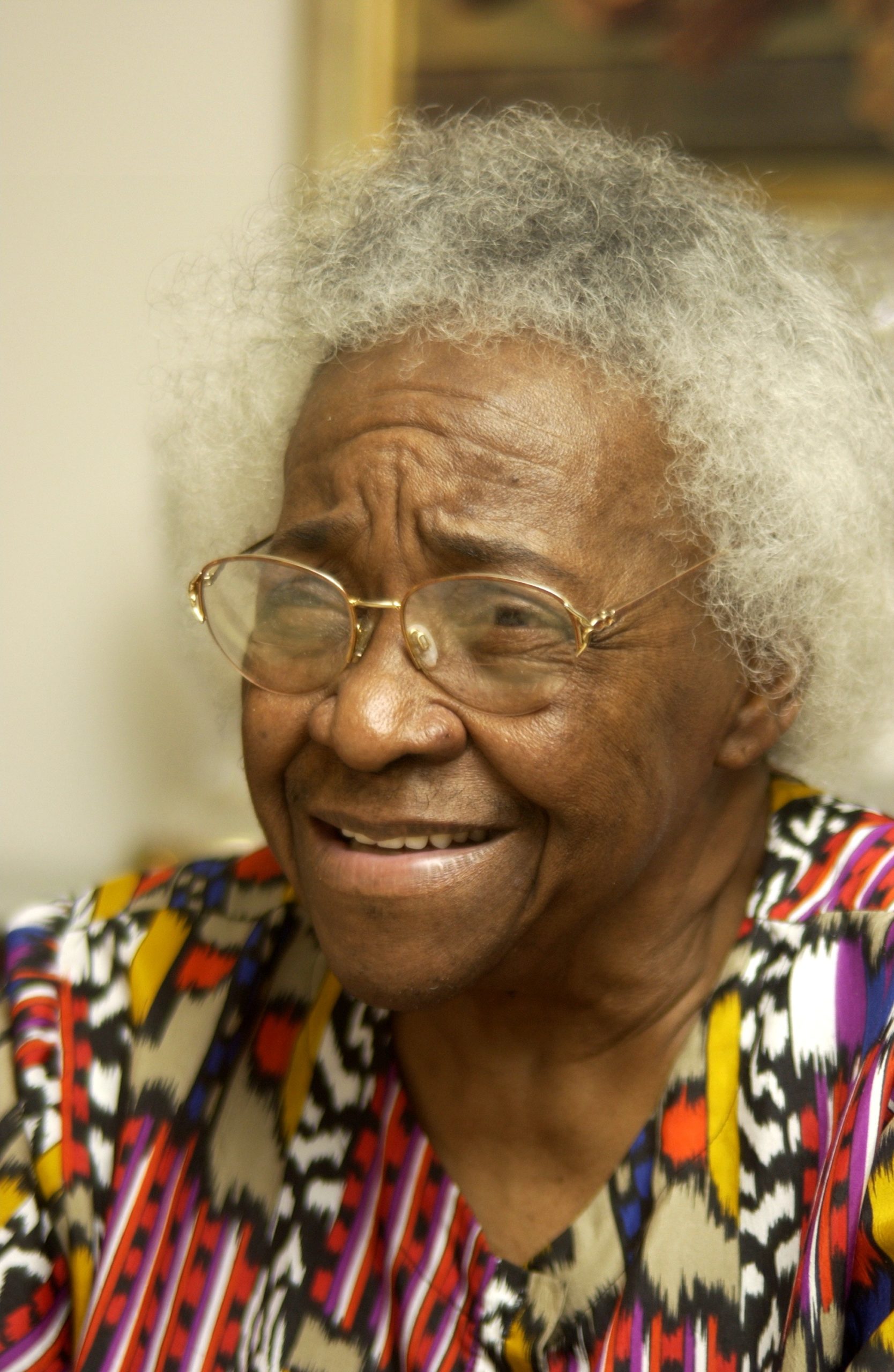Aging is a process, one that does not happen to just the senior – but rather to the whole family. It is important in this process to look realistically at the changes that are occurring, both to the senior and to their family. Some of the most important changes are those that affect where the senior will live, and age.
There are many factors to consider when a senior starts needing assistance. I run a home care agency, but am not an advocate of home care in all situations. Every family is unique, with unique needs, desires, and circumstances.
The first consideration is where the senior wants to live.
For most seniors their preference is to maintain their privacy and control over their lives and stay independent, living in their own homes. Many seniors, however, become socially isolated and may wish a living situation where other people and activities are more easily accessible. For every senior who finds joy in the comfort of the home they have lived in for many years, there is another who does not want the burden of managing a household any longer.
Cost is usually a consideration. Home care is usually much less expensive than assisted living, a retirement home, and much less expensive than an adult family home. The vast majority of home care clients do not need live-in care, which can become expensive.
Medical and care needs are another consideration. If the medical needs of the senior are complex and require constant skilled nursing, the cost can quickly become prohibitive for most people who want to age at home, and skilled nursing or an adult family home becomes the only option. If the family assumes responsibility for daily care in lieu of professional home health care, they risk becoming burned out.
A desire for independence vs. the responsibility of maintaining a home; cost, social isolation, health, and safety considerations, and family burn out are all factors how and where we age. When it becomes clear that assistance, and therefore a change is needed, involving the family in the conversation about the choices is almost always preferable. As age and disease-related changes progress, it can open an opportunity to start a conversation about how and where to live.
Families who wait until a crisis hits may not have the same range of choices for home health care.






